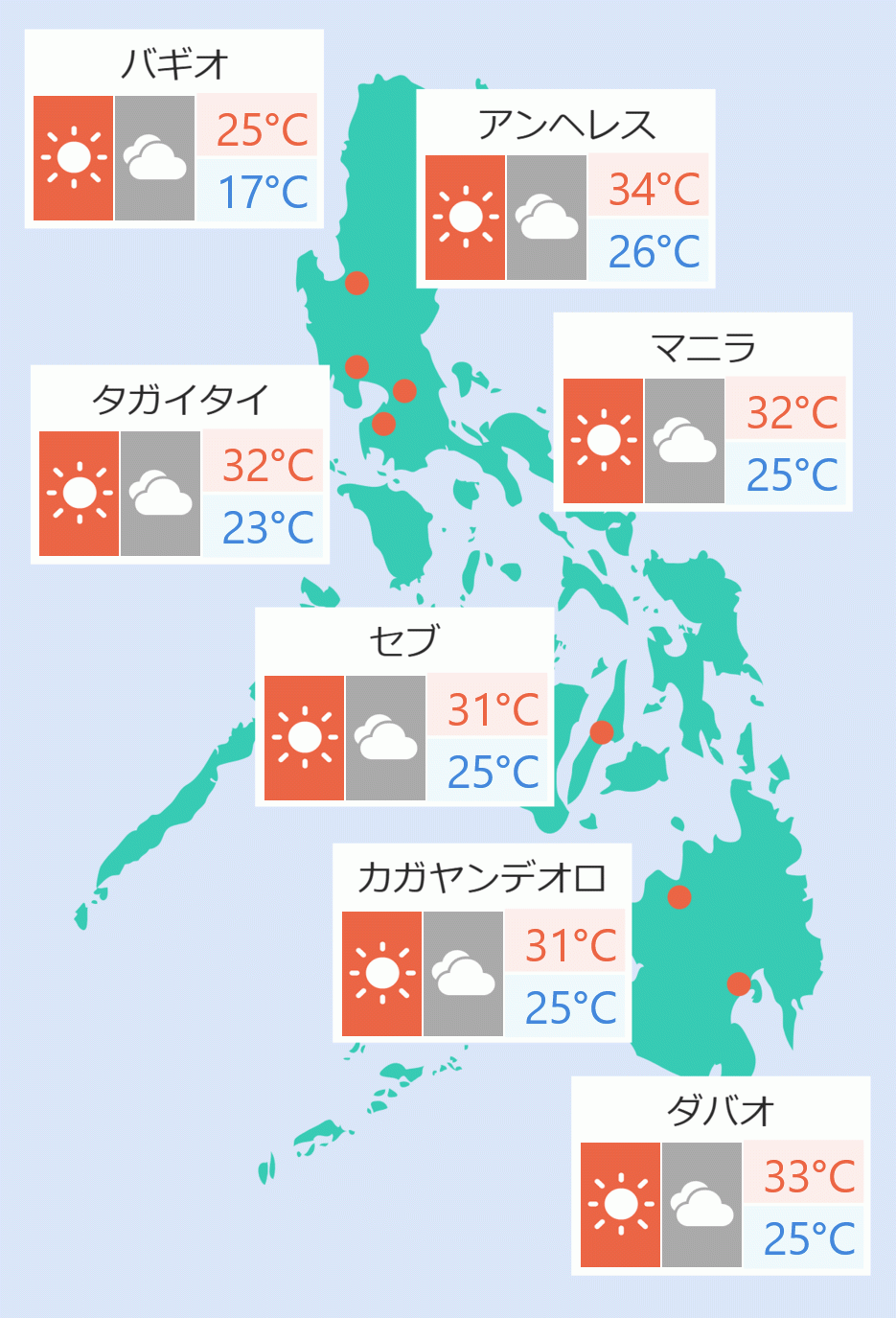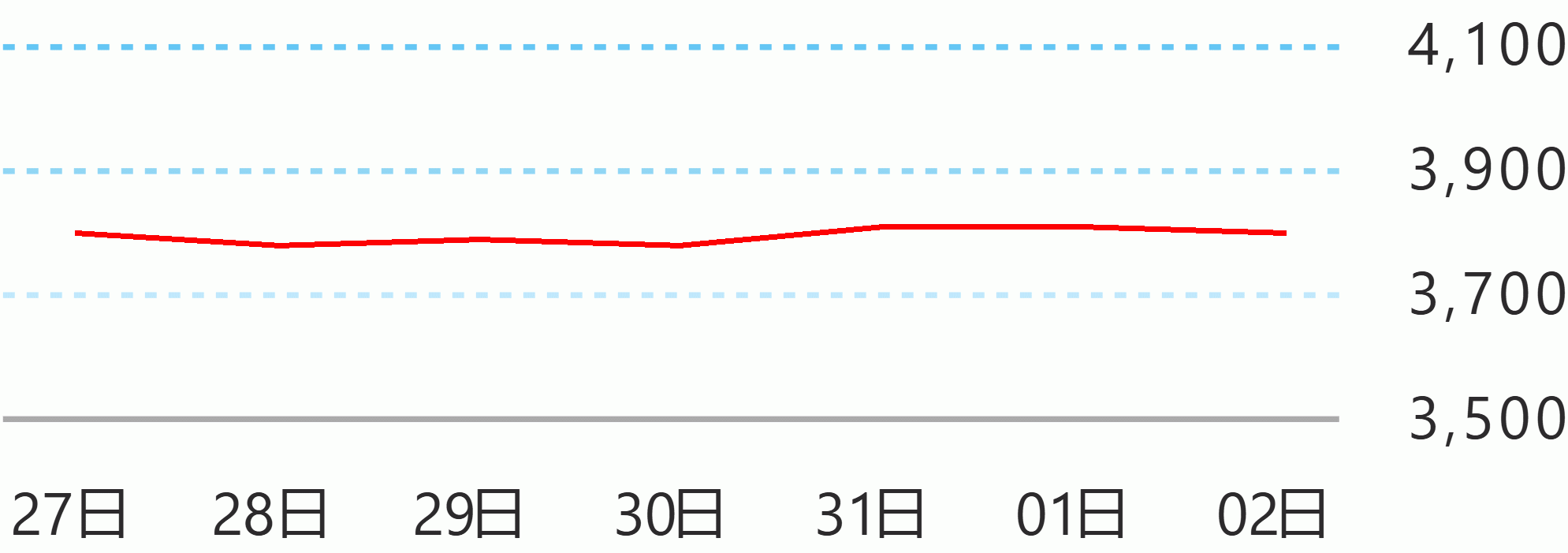The Department of Finance (DOF) is now completing a fiscal consolidation plan for the next administration that underscores the need to outgrow the country’s pandemic-induced debt by ensuring that job-generating infrastructure investments far outweigh state spending on its operational expenses.
Speaking before a gathering of finance professionals, Finance Secretary Carlos Dominguez III raised the hope that whoever succeeds President Duterte will find the plan “useful in continuing the dynamic recovery of the domestic economy over the next few years.”
“We commit to a seamless transition and stand ready to assist the next administration as it takes over the reins of leadership. The fiscal consolidation plan is just one of the many measures that have to be undertaken by the next administration,” he told the Financial Executives Institute of the Philippines (FINEX) during its 2nd General Membership Meeting held Tuesday noon.
Dominguez said that first on the list that should be addressed by the next presidency is outgrowing the country’s debt at the soonest possible time in order to lower its share in relation to the gross domestic product (GDP), the ratio of which spiked to 60.5 percent in 2021, from a historic low of 39.6 percent in 2019.
The government had to resort to emergency borrowings, he said, to cover the massive cost of COVID-19 response and the corresponding drop in revenues resulting from the mobility restrictions and economic slowdown spawned by the global outbreak of the disease at the onset of 2021.
“The only way to make this sustainable is by growing the economy faster and investing in the future. The fiscal deficit should be lowered to cover only infrastructure investments and not operational expenses,” he said.
Dominguez said the second priority of the next administration should be quelling food inflation by accelerating the liberalization of the agriculture sector.
In January 2022, inflation was mostly fueled by the elevated costs of electricity and fuel, and almost half was a result of price spikes in food, especially meat as the domestic hog sector continued to struggle from the outbreak of the African Swine Fever (ASF).
Third, Dominguez said, the next presidency should strive to reduce poverty incidence, which reached 23.7 percent in the first semester of 2021 because of the pandemic.
Poverty incidence in 2015 was at 23.5 percent, which the Duterte administration was able to bring down to 16.7 percent by the beginning of 2019.
Dominguez also said the fourth concern that should top the incoming administration’s must-do list is addressing the mounting problems associated with climate change—and the huge cost this entails—without having to strain the country’s fiscal resources.
“We cannot rely entirely on COP (United Nations Climate Change Conference of the Parties) and on the financing commitments of the Western countries. We should not sit and wait idly while the planet burns,” Dominguez said.
Dominguez, who represents President Duterte in the Climate Change Commission (CCC), was referring to the annual US$100-billion financing commitment of industrialized economies to developing countries like the Philippines to assist them in achieving their climate ambitions.
This 2009 commitment by wealthier economies remains unfulfilled up to now.
“As you know, elections will be held in a few months and a change in administration will happen midyear. I am confident that the next administration will continue modernizing our financial sector to achieve financial inclusion among the Filipino people,” Dominguez said.
Dominguez said he was “quite sure” that the next Secretary of Finance and several other DOF officials of the next administration would come from the ranks of FINEX, given that it is the premier association of finance professionals that can supply the leadership and talent necessary “to continue the work of modernizing our financial sector.”
He said these four priorities on the fiscal front that the next President needs to address are “complex issues. But since, as I said, the next leadership of the DOF will likely come from a rich talent pool such as the FINEX, I look forward to retirement without much anxiety.”
Dominguez said he has always been grateful to FINEX for its staunch support for the Duterte administration’s reform measures, of which many have languished in the legislative mill in the past because of the lack of political will to break the congressional deadlock.
He cited, in particular, FINEX’s support for President Duterte’s comprehensive tax reform program (CTRP); the measures to grow the corporate sector; and the initiatives to deepen, broaden and digitalize the domestic capital market to make investment opportunities more inclusive for Filipinos.
FINEX should also be commended for its sustained effort to build financial literacy among Filipinos and keep its members abreast with developments in the financial sector, Dominguez said.
“The importance of building financial literacy cannot be overstated. It is key to the development of our capital markets. A strong capital market, in turn, supports national progress,” he added.
As the government’s fundraiser, Dominguez said the DOF’s responsibility is to put in place a taxation system that is simple, fair and efficient so that citizens will be motivated to pay their taxes.
“The tax system should also catalyze, rather than paralyze economic growth. It is, therefore, important that we have efficient and honest tax collectors,” he added.
As what happens also in any business, the government spends more than it can earn and expenditures happen before collection to enable it to invest in future growth, Dominguez said.
“This is the reason the DOF must also manage public borrowings and ensure that they are sustainable. The agency is the principal guardian of fiscal discipline. This is the reason President Duterte often refers to me as ‘Dr. No,’” he said.
The DOF’s job also involves leading negotiations with multilateral funding institutions and bilateral partners to source financing for flagship projects and programs, and ensure that borrowed funds are properly invested instead of wasted, he said.
“This is why the Secretary of Finance is the Chairman of the Investment Coordination Committee (ICC) of the NEDA (National Economic Development Authority),” Dominguez said.
He pointed out that it was under the Duterte administration that the highest credit ratings ever was achieved by the Philippines.
Dominguez said this “enviable seal of good housekeeping for fiscal management” allowed the Philippines easy access to concessional financing for the President’s “Build, Build, Build” program and other sectoral projects; and enabled it to quickly gather emergency financing from development partners and the international capital markets for its COVID-19 response.
“It is, therefore, essential that we maintain or even increase our high credit ratings so we can borrow at lower costs and longer payment terms. This will likewise ensure lower interest rates and more accessible financing for our private enterprises and for the ordinary Filipino people,” Dominguez said.
As head of the economic team, the DOF is also responsible for advancing economic and fiscal reforms to achieve inclusive growth for Filipinos, which can be done by first identifying goals and later executing an overall strategy to achieve them, he said.
“In the case of the Duterte administration, we were clear from the beginning that our goals consist of dropping the poverty rate to 14 percent or less by 2022; making the country more law-abiding; and achieving peace within our borders and among our neighbors,” Dominguez said.
Dominguez said the Duterte administration formulated its Zero-To-Ten Point Socioeconomic Agenda, which is now about 90 percent complete, to be able to realize these goals.
“In accomplishing this agenda, we needed to choose our battles carefully to ensure that the reforms already won are secured even as we advance on more fronts. More importantly, we had to make sure that everyone on the team is working towards the same end. At times, this strategy resembles a meticulous military operation. It is like fighting a war. You should marshall your forces and be able to deploy them in the right order to advance as well as defend what you have already gained,” he told FINEX members. Department of Finance





 English
English










